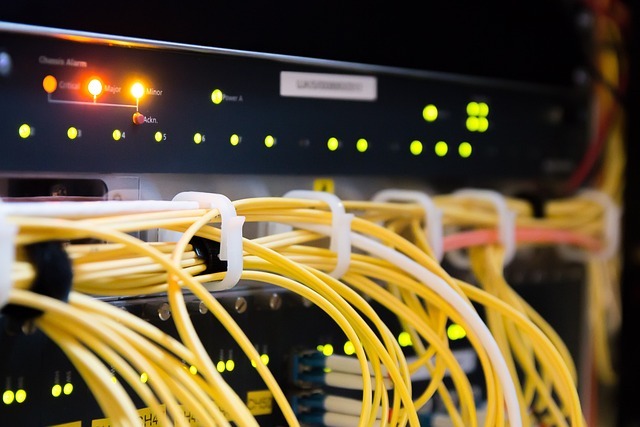Wisconsin Still Working on Broadband Connections Even With Funding Uncertainty
Tuesday, July 15th, 2025 -- 9:01 AM

(Nick Rommel, Wisconsin Public Radio) Two and half years of work were in the books. Preliminary awards were made.
According to Nick Rommel with the Wisconsin Public Radio, then last month, the federal government announced changes to a $42 billion Biden-era broadband expansion program. “It’s been a very busy month,” said state Broadband and Digital Equity Director Alyssa Kenney, who administers the program in Wisconsin for the Public Service Commission.
Signed into law in 2021, the Broadband Equity Access and Deployment Program, also known as BEAD, sent about $1 billion to Wisconsin. It aimed to connect every American household and business to high-speed internet using fiber-optic cables.
In Wisconsin, that means connecting about the last 8.9 percent of the state’s homes and businesses, according to a state document. Unconnected locations are concentrated in northern, central and southwest Wisconsin.
Kenney’s office divided the state into units of under-served households and fielded bids from internet companies for each one. It made hundreds of preliminary awards.
On June 6, the government ordered states to revoke those awards and redo the application process under new rules it said would connect households more quickly and cost-effectively.
Now, states must be neutral between bids for fiber-optic, wireless or satellite internet. “Removing the preference for a single technology will bring the full force of the competitive marketplace to bear and allow American taxpayers to obtain the greatest return on their investment,” the government’s press release said.
States must choose “the combination of project proposals with the lowest overall cost.” Since projects can be interconnected, Kenney said, that doesn’t necessarily mean choosing the cheapest project in every location.
Several labor, local input and low-income affordability requirements for bids were also eliminated. To factor in local input, projects that were endorsed by their local governments got a scoring bump.
Kenney called its elimination the “biggest loss” under the new rules. “We really find that when local governments and people on the ground get involved, projects are stronger,” she said.
The federal announcement gave states 90 days to redo the process and select winning proposals. “We were kind of asked to do two years of work in 90 days,” Kenney said. But she said her office managed.
She expressed optimism about the program’s future and said she expects most providers will re-apply. “I think we’ll have more applications, and hopefully that’ll get the state the bargain the federal government is hoping [for],” she said. “This will still bring great broadband to lots of residents in Wisconsin who need it,” Kenney said.
Commerce Secretary Howard Lutnick previewed possible changes to the program in March. Like many federal programs, Congress funded and created BEAD, with the executive branch later specifying its rules. New changes target those rules, not the initial law.
Feel free to contact us with questions and/or comments.




